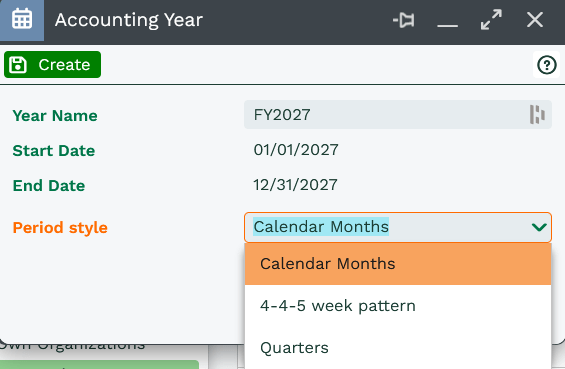Knowledgebase articles
- Welcome to the Knowledge Base
- Introduction
- Welcome to Workbooks Support: Your Go-To Guide
- Getting Started
- Preferences
- Activities
- Cases
- Introduction to Cases
- Displaying & Adding Cases
- Managing Cases
- Using the Case Portal
- Email
- Importing Data
- Leads
- Marketing
- Introduction to Marketing
- Mailshots
- Templates
- Event Management
- Compliance Records
- Spotler Integration
- What is Spotler?
- Navigating your Spotler homepage
- Introduction to GatorMail
- GatorMail Configuration
- GatorMail Hard Bounces
- Sending Emails in GatorMail
- Advanced Features
- GatorCreator
- Setting up the Plugin
- Viewing Web Insights Data on your Form Layouts
- Domain Names and Online Activities
- Reporting incorrect Leads created through Web Insights
- Reporting on Web Insights data
- Using UTM Values
- Why aren’t Online Activities being created in the database?
- Why is GatorLeads recording online activities in a foreign language?
- GatorSurvey
- GatorPopup
- DotDigital
- Integrations
- SFTP/FTP Processes
- Docusign Integration
- DocuSign Functionality
- Adobe Sign Integration
- Zapier
- Introduction to Zapier
- Available Triggers and Actions
- Linking your Workbooks Account to Zapier
- Posted Invoices to Xero Invoices
- Xero payments to Workbooks Tasks
- New Case to Google Drive folder
- New Case to Basecamp Project
- New Workbooks Case to JIRA Ticket
- Jira Issue to new Case
- 123FormBuilder Form Entry to Case
- Eventbrite Attendee to Sales Lead and Task
- Facebook Ad Leads to Sales Leads
- Wufoo Form Entry to Sales Lead
- Posted Credit Note to Task
- Survey Monkey responses to Tasks
- Multistep Zaps
- Email Integrations
- Microsoft Office
- Auditing
- Comments
- People & Organisations
- Introduction to People & Organisations
- Using Postcode Lookup
- Data Enrichment
- Reporting
- Transaction Documents
- Displaying & Adding Transaction Documents
- Copying Transaction Documents
- Transaction Documents Fields Help
- Transaction Documents Line Items Help
- Printing & Sending Transaction Documents
- Managing Transaction Document Currencies
- Managing Transaction Document Statuses
- Setting a Blank Default Currency on Transaction Documents
- Credit Notes
- Customer Orders
- Invoices
- Quotations
- Supplier Orders
- Sagelink
- Configuration
- Releases & Roadmap
- Workbooks Glossary
Accounting Periods
Accounting Periods in Workbooks are used for setting specified periods (e.g. financial years). These are important because they allow you to generate Forecasts and you won’t be able to generate Reports based on specific Accounting Periods, so make sure you set yours up before starting to use Workbooks.
Within Workbooks an Accounting Period is assigned to financial records, such as an Invoice which will enable you to track and report your financial performance by period and groups of periods.
Tip
If you have more than one Own Organisation in the same database, they must all share the same Accounting Periods.
Remember to set your future Accounting Periods far enough in advance to cater for the typical length of your sales process.
Setting up your Accounting Periods
To set up your Accounting Periods click Start > Configuration > Accounting > Accounting Years. Click on Add Accounting Year and choose if this is a Future or Previous accounting year.
Workbooks will populate all the fields for you except Period style BUT check that the Year Name and Start and End Dates are correct and in line with your Financial Year. The accounting period will always default to last a year but if this does need to be amended it can be after the accounting period has been created and if this is the latest accounting period.


In the picklist for Period Style you will be given 3 options:
- Calendar Months
- 4-4-5 week pattern
- Quarters
The vast majority of Workbooks customers use Calendar Months. If you choose Calendar Months or a 4-4-5 week pattern, you’ll notice that Workbooks allocates these to Quarters for you.
When you’re happy that the data is correct, click Create.
If you want to delete the Accounting Period you have just set up, click on the accounting period, and then click on Delete. Just note that you are only able to delete the latest accounting period.